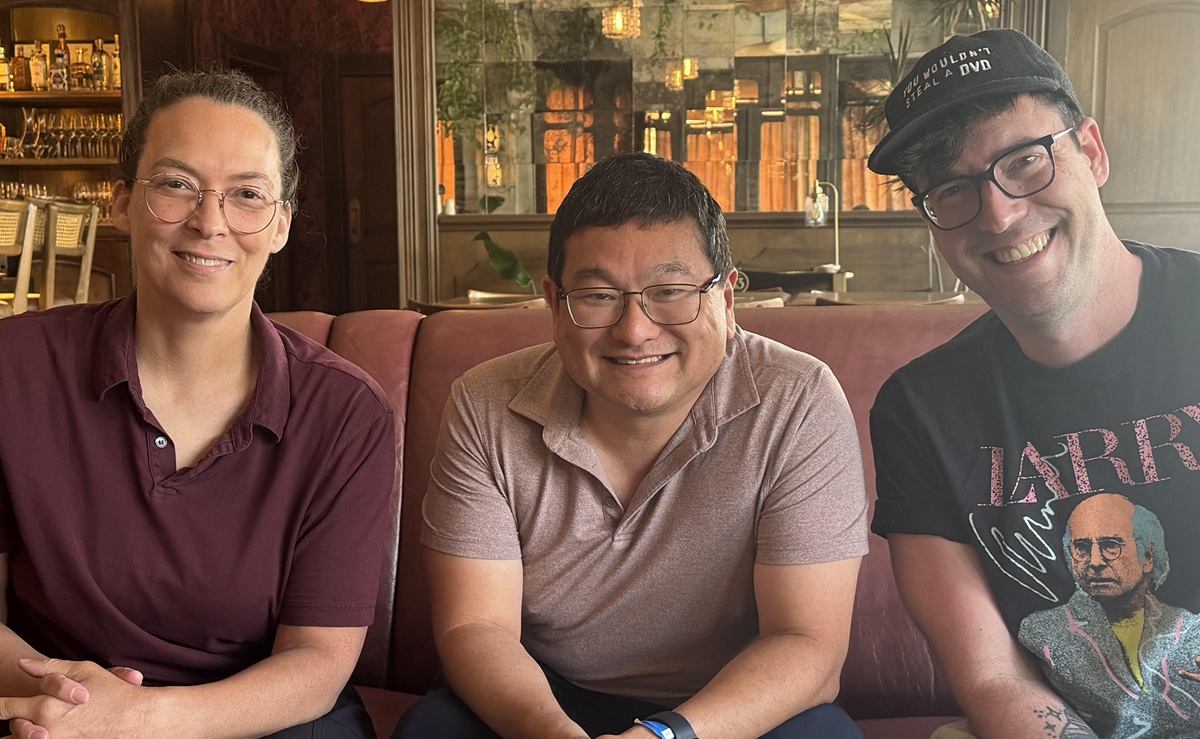While I know a lot of people in the game industry, there are still lots of famous people that I have never met. And since I’ve been meeting people in games for more than 30 years, you get an idea of how big the game industry has become.
So it was a pleasure to hang out for a bit for the first time with Amanda White and Jon Gibson, the cofounders of iam8bit. You can think of them as friends of indies, sometimes helping unknown game devs sell millions of copies to gamers. We knew a lot of the same people, which made me think that the game industry is a small world after all.

Unlock premium content and VIP community perks with GB M A X!
Join now to enjoy our free and premium membership perks.
![]()

![]()